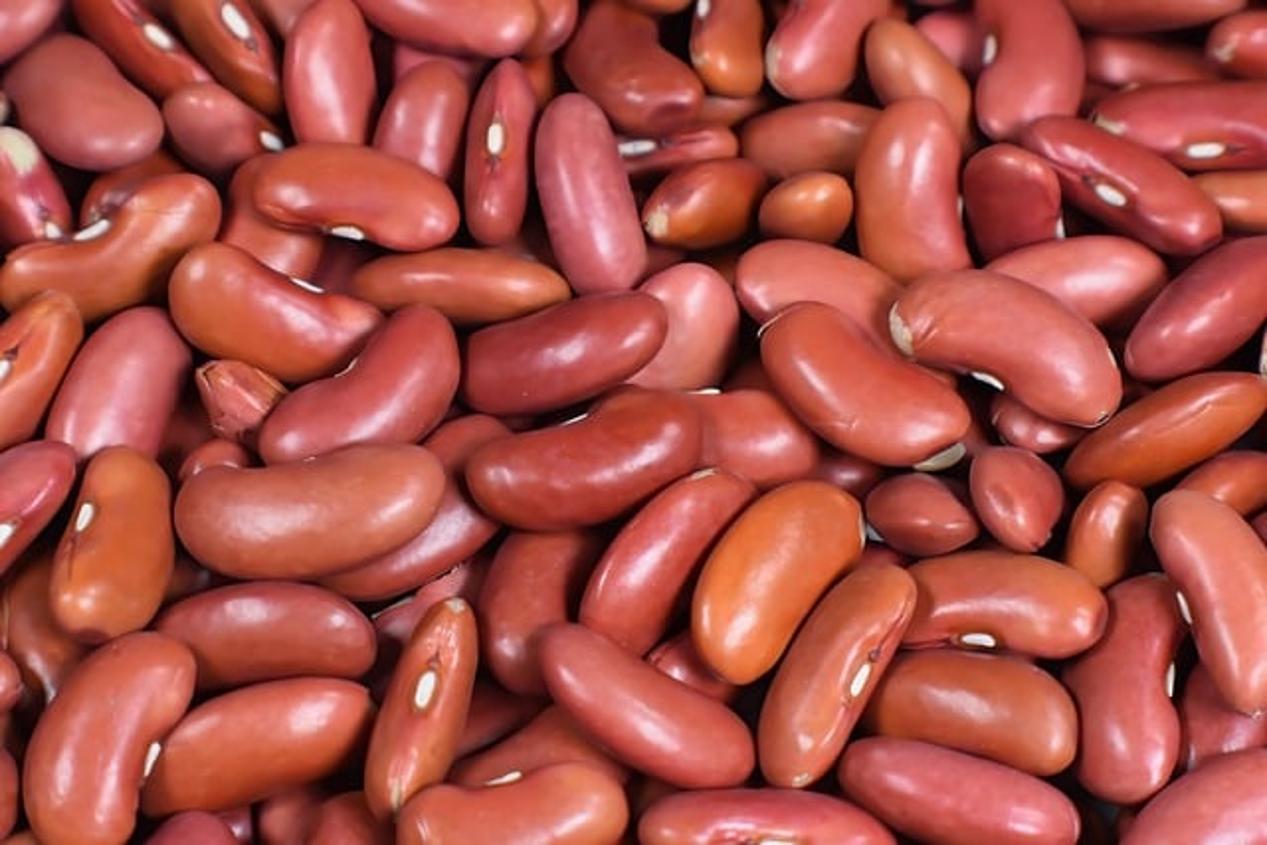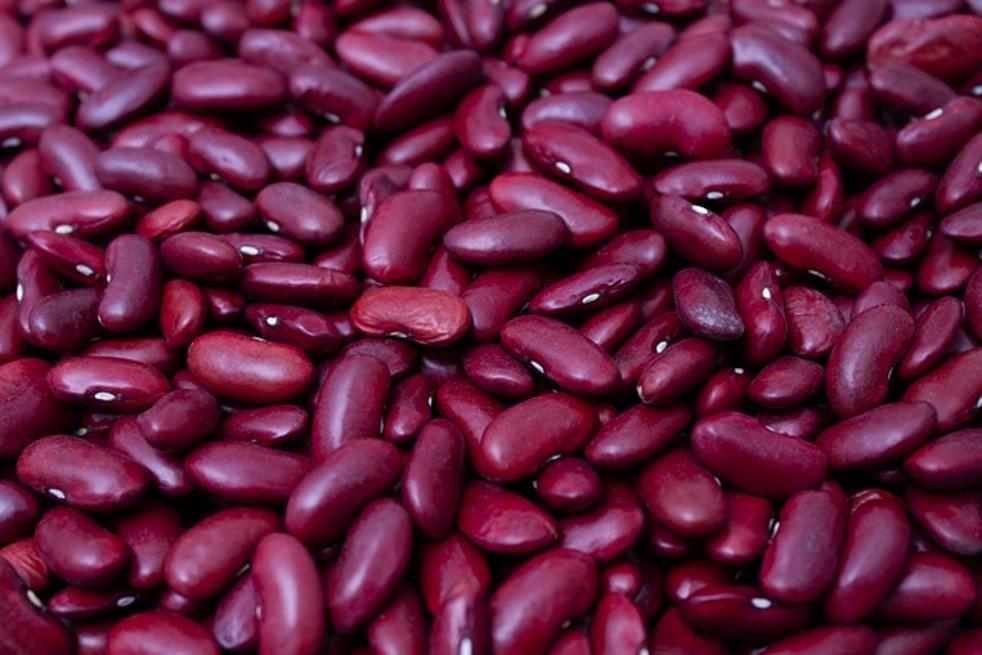Can Gatorade Cause Kidney Stones?
Introduction
Gatorade is a popular sports drink consumed by athletes and casual fitness enthusiasts to stay hydrated and replenish electrolytes lost during physical activity. Despite its benefits, some concerns have emerged regarding its potential link to kidney stones. Understanding the relationship between Gatorade and kidney stones is crucial for anyone looking to maintain optimal health while staying active. This article explores the science behind Gatorade, its ingredients, and hydration alternatives to help you make informed decisions about your beverage choices.

Understanding Kidney Stones
Kidney stones are hard deposits of minerals and salts forming inside the kidneys. They develop when certain substances such as calcium, oxalate, and uric acid become concentrated enough to form crystals in the urine. Symptoms of kidney stones can include severe pain, blood in the urine, nausea, vomiting, and frequent urination.
Several factors can increase the risk of developing kidney stones, including dehydration, certain diets, obesity, and a family history of kidney stones. Proper hydration is key to preventing their formation as it helps dilute the substances in the urine that may lead to stone formation.
What Ingredients Are in Gatorade?
Gatorade is formulated to replace fluids and electrolytes lost during exercise. The primary ingredients found in Gatorade include water, sucrose, dextrose, citric acid, natural flavors, salt, sodium citrate, monopotassium phosphate, and food coloring. These components work together to help rehydrate and refuel the body.
- Water: The base ingredient, essential for hydration.
- Sucrose and Dextrose: Sugars that provide a quick source of energy.
- Citric Acid: Adds tartness and helps preserve the drink.
- Natural Flavors: Enhance taste.
- Salt and Sodium Citrate: Help replenish sodium lost through sweat.
- Monopotassium Phosphate: Supplies potassium, another vital electrolyte.
- Food Coloring: Gives the beverage its characteristic appearance.
While these ingredients are generally safe to consume, examining how they interact with the body’s mechanisms and potentially contribute to kidney stones is essential for understanding any risks.
The Science Behind Gatorade and Kidney Stones
Research into the connection between Gatorade consumption and kidney stones is still evolving. However, some of the drink’s ingredients, particularly sugars and sodium, have raised concerns.
High sugar content in beverages like Gatorade can lead to increased calcium excretion in the urine. Excess calcium can combine with oxalate and other minerals to form kidney stones. Additionally, high sodium levels can also contribute to calcium buildup in the urine, further increasing the risk of stone formation.
However, it’s important to note that Gatorade’s primary purpose is to maintain hydration during physical activity, which is a preventive measure against kidney stones. Proper hydration helps dilute the substances in urine that cause stone formation. Thus, moderate consumption of Gatorade, especially during intense exercise, may not necessarily lead to kidney stones.
If you are prone to kidney stones or have a family history of them, it may be wise to limit your intake of high-sugar and high-sodium drinks and opt for beverages that support hydration while minimizing potential risks.

Hydration Alternatives to Gatorade
While Gatorade can be beneficial for rehydration during strenuous activities, there are several alternatives to consider for daily hydration or for those at risk of kidney stones.
- Water: The most natural and effective way to stay hydrated.
- Coconut Water: A natural source of electrolytes with less sugar.
- Herbal Teas: Hydrating beverages without added sugars and artificial ingredients.
- Electrolyte Tablets: Can be added to water to provide necessary electrolytes without the extra calories.
- Diluted Fruit Juices: Offer vitamins and minerals with fewer sugars compared to concentrated juices.
Choosing these alternatives can help ensure proper hydration without contributing to the factors that may lead to kidney stones.
Essential Sports Accessories for Hydration
Staying properly hydrated requires more than just drinking the right fluids. Having the right accessories can make a big difference in maintaining hydration levels during physical activity.
- Reusable Water Bottles: Convenient for carrying water and other beverages.
- Hydration Packs: Great for long-distance runners, hikers, and cyclists.
- Electrolyte Mixes: Easy-to-carry packets that can be added to water for quick electrolyte replenishment.
- Cooling Towels: Help maintain body temperature and reduce sweating, which can lead to dehydration.
- Smart Water Bottles: Equipped with technology to remind you to drink and track your water intake.
Using these accessories can help ensure you stay hydrated and reduce the risk of dehydration-related issues such as kidney stones.

Conclusion
While Gatorade can be a helpful hydration tool for athletes, it’s essential to consume it in moderation, especially if you are at risk for kidney stones. Understanding the ingredients and their potential impacts can help you make informed choices about your beverage consumption. Hydration alternatives and proper accessories can further support your efforts to stay hydrated and healthy.
Frequently Asked Questions
Can other sports drinks cause kidney stones?
Yes, other sports drinks with high sugar and sodium content can also contribute to kidney stones. It’s essential to read labels and choose beverages with lower levels of these ingredients.
What are the symptoms of kidney stones?
Symptoms include severe pain in the back or side, blood in the urine, nausea, vomiting, and frequent or painful urination. If you experience these symptoms, seek medical attention.
How much water should an athlete drink to prevent kidney stones?
Athletes should aim to drink at least 8-10 glasses of water daily, increasing their intake based on the intensity and duration of physical activity. Monitoring urine color can also help ensure proper hydration; ideally, it should be light yellow.

